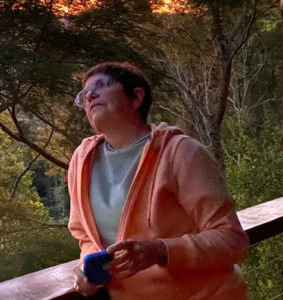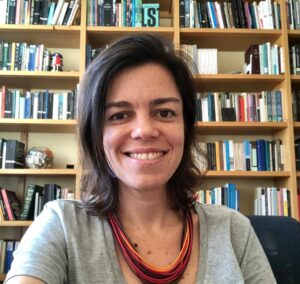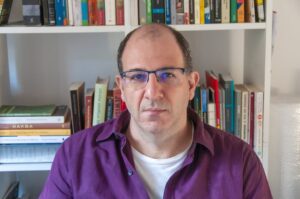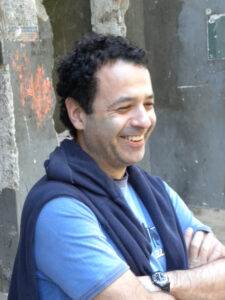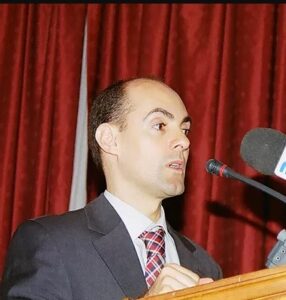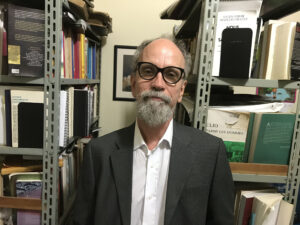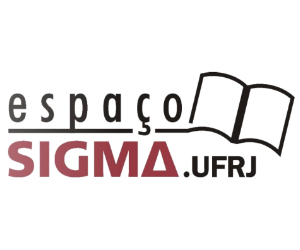Michel Gherman holds a degree in History from the Federal University of Rio de Janeiro (2000). He completed a master’s degree in Sociology and Anthropology from the Hebrew University of Jerusalem (2007), with a dissertation entitled “God and Devil in Holy Land: Universal Church of Kingdom of God in Israel”, under the supervision of Professor Nurit Shtadrer. His doctorate was completed in the Postgraduate Program in Social History at the Federal University of Rio de Janeiro, under the supervision of Professor Monica Grin (2014). Michel is currently an associate professor at the Federal University of Rio de Janeiro, UFRJ, where he is one of the coordinators of the Interdisciplinary Center for Jewish Studies-NIEJ of the Institute of History of UFRJ. At the university, he also coordinates the Laboratory of Religion, Spirituality and Politics (LAREP) of the Department of Sociology at the Federal University of Rio de Janeiro. Michel is also an associate researcher at the Center for Jewish Studies at the University of São Paulo, and an associate researcher at the Vital Sasson Center for Antisemitism Studies at the Hebrew University of Jerusalem. He has experience in the areas of history, sociology and anthropology, working mainly on the following topics: Genocide Studies, religious studies, antisemitism, nationalism, politics, the Holocaust, the Middle East, the Israeli-Palestinian conflict, Judaism, new rights and extreme rights in Brazil and worldwide, studies of Zionism, genocides and memory.
